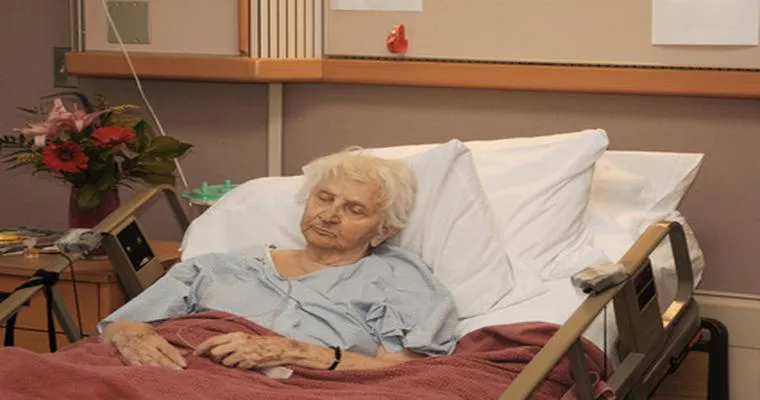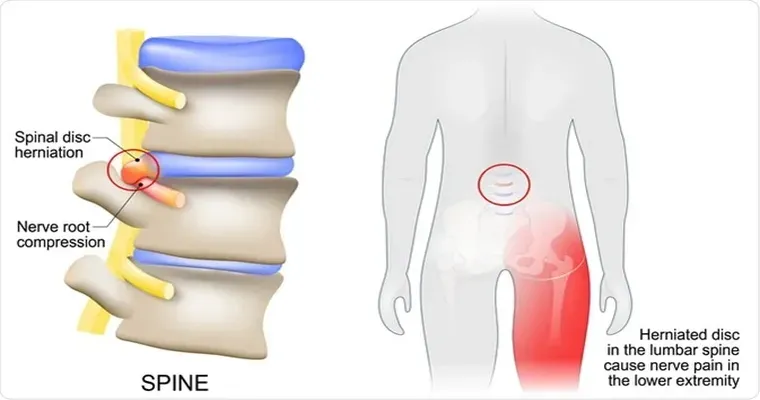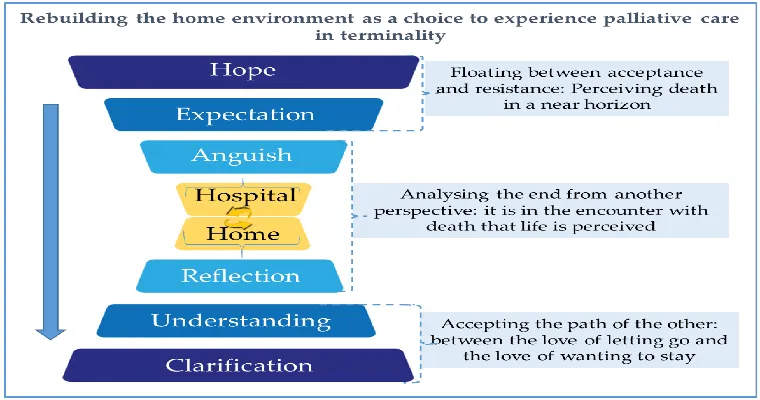Caring for a partner dealing with "chronic pain" can be an overwhelming experience. Spouses often find themselves navigating a complex landscape of "emotional support", "medical management", and the challenges of daily living. Understanding how to cope with the demands of caregiving while maintaining one’s own well-being is essential for both partners. This article explores effective strategies for spouses who are caring for loved ones with chronic pain and highlights the importance of communication, self-care, and seeking support.
The Emotional Toll of Chronic Pain
Living with a partner in chronic pain can create significant emotional strain. Spouses may experience feelings of helplessness, frustration, or even guilt for not being able to alleviate their loved one's suffering. It is crucial for both partners to communicate openly about their feelings. Honest discussions can foster understanding and strengthen the relationship. Couples should regularly check in with each other to express their emotions and discuss any adjustments needed in their caregiving roles.
Establishing a Support System
One of the most effective ways to cope with the challenges of caring for someone with chronic pain is to establish a strong "support system". This includes family members, friends, and healthcare providers who can offer assistance and encouragement. Engaging with support groups, either in-person or online, can provide spouses with a sense of community and shared experiences, helping them realize they are not alone in their journey.
Prioritizing Self-Care
Spouses often neglect their own needs while focusing on their partner’s care. However, prioritizing "self-care" is essential for maintaining the physical and emotional health of the caregiver. Regular exercise, adequate sleep, and healthy eating can significantly enhance a spouse’s ability to cope with stress. Additionally, engaging in hobbies or taking time for oneself can rejuvenate the spirit and provide a necessary break from caregiving responsibilities.
Learning About Chronic Pain Management
Understanding the nature of chronic pain and its management options can empower spouses to provide better support. This includes familiarizing themselves with treatment plans, medication schedules, and potential side effects. By becoming informed advocates, spouses can help their partners navigate the healthcare system more effectively, making appointments and ensuring that their partner receives the appropriate care.
Practicing Patience and Flexibility
Chronic pain is often unpredictable, and spouses must practice patience and flexibility in their caregiving approach. There may be days when their partner feels well enough to engage in activities and other days when pain prevents them from doing so. Being adaptable and understanding can help reduce frustration and improve the quality of life for both partners. Setting realistic expectations and celebrating small victories can foster a positive environment.
Seeking Professional Help
Sometimes, the weight of caregiving can become too much for one person to bear. In such cases, seeking professional help from a counselor or therapist can provide spouses with coping strategies and emotional support. Mental health professionals can assist caregivers in processing their feelings, managing stress, and developing resilience.
Conclusion
Caring for a spouse with chronic pain requires dedication, compassion, and adaptability. By fostering open communication, establishing a robust support system, prioritizing self-care, and seeking professional help when needed, spouses can navigate the challenges of caregiving more effectively. Ultimately, a strong partnership built on understanding and love can thrive even in the face of chronic pain. By taking care of themselves and each other, couples can work together to create a fulfilling life despite the challenges they face.





